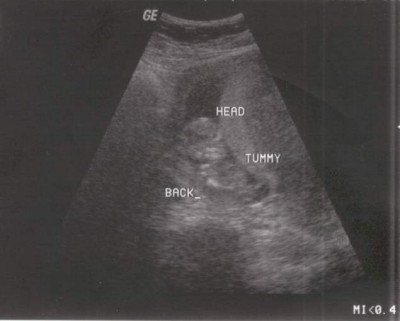 Folic acid – also known as vitamin B9 or folate – is one of the few nutrients which is known to prevent neural tube birth defects such as spina bifida and those women who receive the recommended daily amount will reduce the risk of such birth defects by up to 70%.
This statistic alone should be enough to make you want to ensure that you are receiving the correct amount of folic acid. There are of course other complications which may be avoided if your folic acid intake is sufficient, and these include:
Folic acid – also known as vitamin B9 or folate – is one of the few nutrients which is known to prevent neural tube birth defects such as spina bifida and those women who receive the recommended daily amount will reduce the risk of such birth defects by up to 70%.
This statistic alone should be enough to make you want to ensure that you are receiving the correct amount of folic acid. There are of course other complications which may be avoided if your folic acid intake is sufficient, and these include:
- Miscarriage
- Cleft lip and palate
- Limb defects
- Heart defects
- Blood clots
- Placental abruption
How much folic acid do I need?
Once you’re pregnant ensure that you are getting at least 600mcg daily – although the recommendation from most healthcare providers may be 800mcg and some prenatal vitamins contain 1000mcg. Folic acid itself is a water soluble vitamin, so any additional folic acid that you may have taken in that your body does not need will be flushed out of your system and will not harm you or your baby. There is, as always, a “but” – taking too much folic acid may hide a possible B12 deficiency, although it is uncommon to be low in B12 if you’re a healthy young woman with a varied diet, but it can be a problem if you are a vegetarian or if your intake of dairy products is low. If you are overweight you may also have lower blood folate levels than the average women. So, if you are a little overweight and pregnant you should possibly be looking at starting your intake of folic acid at 1,000mcg daily and maintaining that level throughout your pregnancy.Folic acid food sources
Folic acid is found in the following foods:- Fortified breakfast cereals such as Total and Product 19
- Lentils
- Asparagus
- Spinach
- Black beans
- Peanuts (only if you do not have a peanut allergy)
- Orange juice (from concentrate is best)
- Enriched breads and pasta
- Romaine lettuce
- Broccoli
Should I take a folic acid supplement?
Most people do not manage to get the recommended level of folic acid during their pregnancy and so should take a supplement that has folic acid in it. Another good reason for taking folic acid is that research has recently shown that your body seems to absorb the synthetic version of the vitamin much more efficiently. Most prenatal vitamins will have sufficient levels of folic acid and this should be more than you need.What are signs of a folic acid deficiency?
Common symptoms that you are suffering from a deficiency of folic acid include:- Diarrhea
- Loss of appetite
- Weight loss and weakness
- A sore tongue
- Headaches
- Heart palpitations
Folic Acid & Pregnancy



